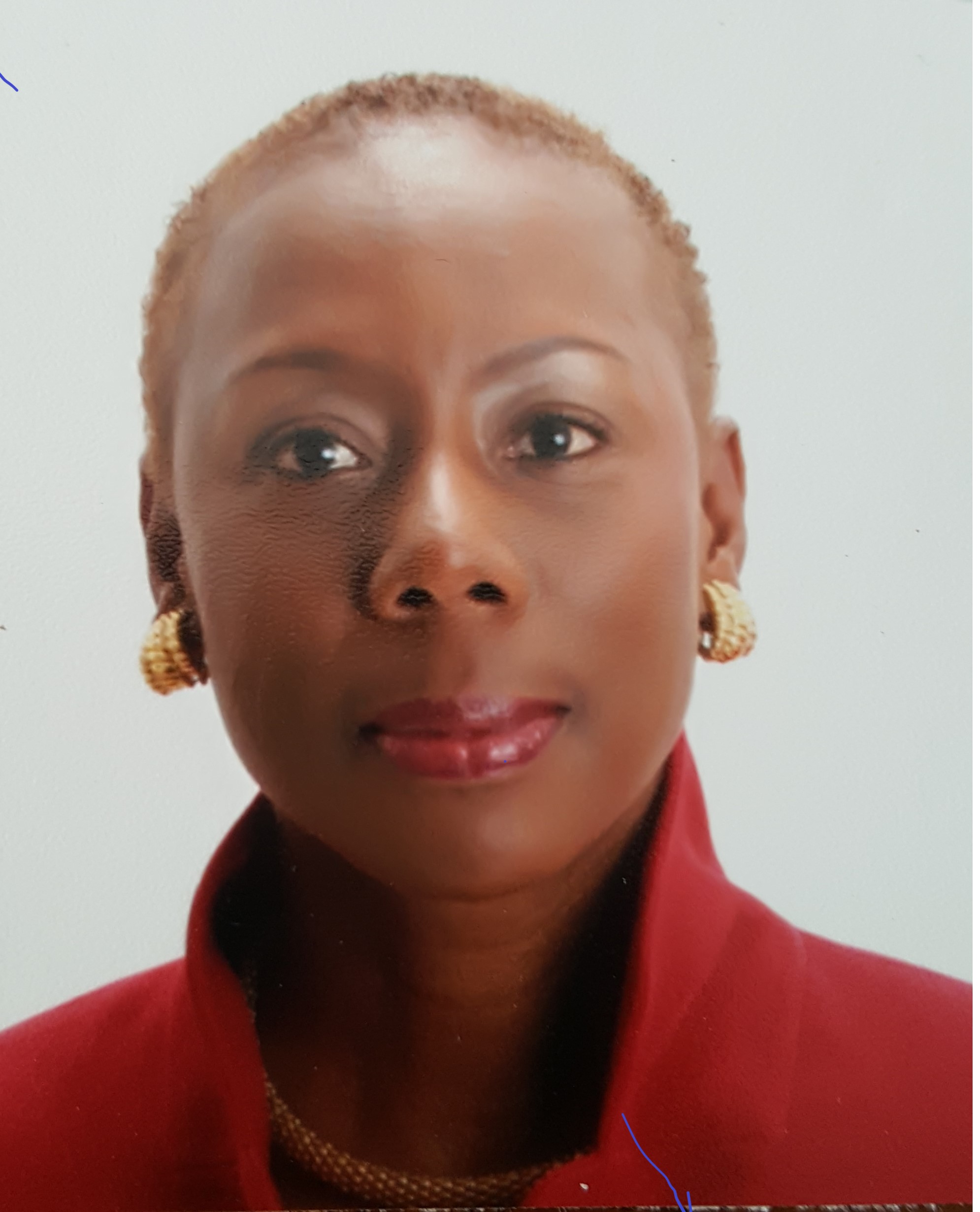Written by Goulda A. Downer, Ph.D.
As the Director for Howard University's HIV Telehealth Training Center, I joined my colleagues at Howard University, as well as those from our local, national and global communities who serve, advocate, mentor and care for people living with HIV in observing the 31st annual World AIDS Day.
HIV remains an important priority for Howard University. As a leader in researching, communicating, treating, educating, advocating, mentoring and caring for our communities and those impacted by HIV/AIDS since the beginning of the epidemic, Howard will continue to fight this stubborn disease.
 In the U.S., annual HIV infection and diagnosis rates are declining. Current data indicate some encouraging trends, including a reduction of new HIV diagnoses among African Americans overall, especially among women. It has been postulated that the declines may be due to targeted HIV prevention efforts. Despite this encouraging report, progress has been uneven, since annual diagnoses and infections rates have continued to disproportionately impact African Americans.
In the U.S., annual HIV infection and diagnosis rates are declining. Current data indicate some encouraging trends, including a reduction of new HIV diagnoses among African Americans overall, especially among women. It has been postulated that the declines may be due to targeted HIV prevention efforts. Despite this encouraging report, progress has been uneven, since annual diagnoses and infections rates have continued to disproportionately impact African Americans.
Furthermore, this disparity has deepened over time, despite these gains. A number of challenges continue to contribute to the epidemic within the African American community including stigma, lack of awareness of HIV status, poverty, lack of access to health care, and higher rates of some sexually transmitted infections.
The list below highlights some of Howard University’s contribution in fighting this disease.
- Howard was one of the first hospitals in the U.S. to routinize HIV screening throughout the health care setting (2006).
- Launched the National Clinicians HIV AIDS Testing & Awareness Day (2007). This is the only HIV Awareness Day that is currently geared for the provider. The day is geared at helping to build HIV/AIDS treatment capacity among providers by encouraging clinicians to become community leaders. The day also focuses on reducing provider stigma.
- Developed the BESAFE Cultural Competency HIV Care model. The model helps clinicians better understand how Cultural Competency (CC) can improve quality of care and health outcomes while simultaneously eliminating health disparity for persons living with HIV. Care Models for African-Americans, Asian & Pacific Island Americans, Latinos, and Native Americans have been published along with the BESAFE Emergency Room Guide
- Recognized by the Congressional Black Caucus for training over 47,000 clinicians nationwide to provide culturally competent, quality HIV care over a 10 year period.
- Identified, developed and delivered focused training to address three of the major contributors of HIV disparity in the U.S.; essentially the lack of (1) Clinical Delivery (2) Cultural Competence; and (3) Infrastructure Management.
- Launched the Annual International Conference on Stigma (2010) to address the stigma associated with HIV and other related health conditions.
- Strengthened the Caribbean HIV Clinical workforce by launching the Howard University Caribbean Clinician Preceptorship Program (HU-CCPP). The program impacted over 2,671 clinicians within the region and changed how care and treatment are delivered to over 8,672 patients with HIV/AIDS.
- In response to the severe HIV epidemic in the Nation’s Capital, recommended that physicians and other clinicians who intend to renew their license to practice in Washington, DC obtain HIV/AIDS Continuing Medical Education credits. Bill B19-510 “HIV/AIDS Continuing Education Requirements Amendment Act of 2010” was passed by the D.C. City Council. The Act requires physicians, physician assistants and nurses practicing in the District of Columbia to obtain 3 hours of HIV/AIDS CME credits beginning with the 2014 renewal cycle.
- Launched the HBCU HIV education initiative, “Going to College to get a degree should not include HIV.”
- Published the seminal documents entitled, “HIV IN COMMUNITIES OF COLOR: The Compendium of Culturally Competent Promising Practices.” (2009) and “HIV IN COMMUNITIES OF COLOR: The Role of Traditional Healing in HIV Clinical Management” (2011).
Please visit https://www.hiv.gov/ to learn more about HIV.
Goulda A. Downer, PhD, FAND, RD, LN, CNS, is Is Principal Investigator/Assistant Professor for Howard University’s College of Medicine AETC Capitol Region Telehealth Center.




